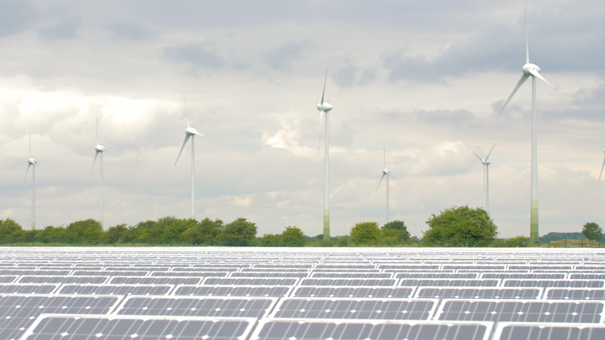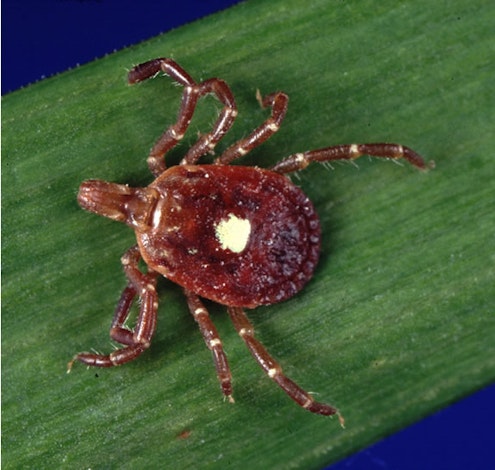
Green Energy
Jobs, growth and energy independence start with green power
February 19, 2026

July 18, 2025
Human activity is driving the breakdown of the Earth’s natural systems. We know this all too well, but the precise ways that our lives will change are often still unclear. As temperatures have climbed over the past decades, hundreds of thousands of Americans have been forced to grapple with one such unexpected change: the spread of a parasite making them allergic to their favourite food.
Ever a source of the weird and the wonderful, the natural world has over 900 different types of ticks—little spider-like bloodsuckers with a taste for transmitting diseases. One, in particular, is quickly becoming an American household name - the lone star tick. Aggressive and unpicky when it comes to choosing hosts, the lone star is notable for transmitting alpha-gal allergy, or, more simply, an allergy to red meat, to those that it bites.
A previously uncommon critter, the climate crisis is now causing the lone star to thrive and colonise new territory in America. The US was host to a few dozen cases of alpha-gal in 2009, but experts now estimate 450,000 Americans to have been affected by the condition. Worse still, ticks are adaptive and well-suited to a warming US, meaning there is no end to their spread in sight.
There’s nothing nice about severe allergic reactions, and alpha-gal syndrome is no exception. But if ever there was an insect-sized embodiment of human hubris leading to our undoing, the lone-star tick would be a strong contender. Not only does the US produce the most oil in the world and consistently block global climate efforts, Americans also consume the second highest amount of meat per person each year—124.11kg.
This consumption is directly driving the tick’s spread. Producing just one pound of beef releases nearly 27 kilograms of CO₂ emissions, making beef production alone responsible for nearly 40% of the US’ agricultural emissions. Yet for all that environmental damage, that pound of beef yields barely half a day’s energy for an average adult. And emissions are just one part of the global heating picture. A pound of beef takes roughly 1,800 gallons of water to produce—enough to sustain a person’s drinking needs for nearly five years.
Modern meat production is a noxious feedback loop. It drives greenhouse gas emissions and deforestation, accelerating climate change, which in turn drives more land clearing and more intensive production to maintain the status quo. The lone star tick, expanding in number as the climate collapses, breaks this loop, and there’s a certain poetic justice to it taking over the country that is synonymous with unsustainable lifestyles.
But this isn’t just about the planet. Diet is a huge reason behind why the US spends nearly 16.9% of its GDP on health care, almost double the OECD average, yet its life expectancy still lags by almost four years. The World Health Organisation classifies processed meat as a Group 1 carcinogen and red meat as a carcinogen, with studies showing that eating more than 100 grams daily can increase colorectal cancer risk by 17% or more. It’s not a stretch to say that becoming allergic to red meat should boost the health of the average American.
The lone star’s rise is a stark reminder that nature’s balance is fragile and that the costs of ignoring its needs stretch far beyond the environment. But it also offers a moment to reflect and recalibrate. By shifting away from meat-centric diets and embracing plant-based traditions that nourish both people and the planet, we can break the destructive feedback loops we’ve created.
From the Mediterranean to East Asia and Scandinavia, fruits, vegetables, nuts and legumes form the basis of populations’ caloric and protein needs. And these cuisines don’t just beat American fast food on taste. For comparison, producing one pound of legumes requires up to 90% less water and emits over 95% fewer greenhouse gases compared to the same amount of beef. That pound of legumes supplies over 1,600 calories and more than 100 grams of protein, putting red meat to shame.
The choice is ours: continue down a path of costly denial where nature becomes ever more hostile to humanity, or step toward a healthier, more sustainable way of living—one (human) bite at a time.